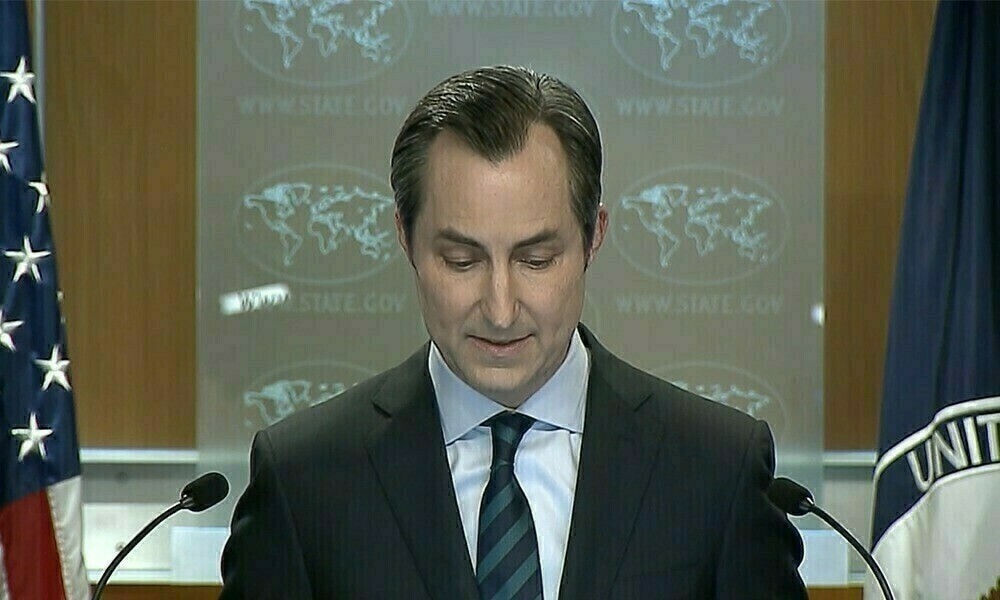PTBP Web Desk
The United States has condemned a series of terrorist attacks that have recently shaken Pakistan. Highlighting the severity of the situation, the U.S. State Department through its spokesperson, Matthew Miller, expressed condolences and reaffirmed America’s commitment to bolster Pakistan’s efforts against terrorism.
Over the past few days, Pakistan has witnessed a surge in militant activities, primarily in the Khyber Pakhtunkhwa province. A tragic incident saw eight soldiers losing their lives in an assault, while another operation led to the brief kidnapping of seven police officers. These officers were later released following intense negotiations by a local jirga (tribal council) with the militants, underscoring the community’s role in resolving such crises.
The Pakistani Taliban, known as Tehrik-i-Taliban Pakistan (TTP), has claimed responsibility for these attacks, signaling their persistent threat to regional stability. This group has been notorious for targeting both military and civilian entities, aiming to destabilize the government.
During a press briefing, Matthew Miller stated, “Our hearts go out to the families and loved ones of those killed or impacted by recent attacks.” He elaborated on the U.S.’s stance, noting, “As the horrific attacks against the Pakistani people continue, we remain committed to engaging with government leaders and civilian institutions to identify opportunities to build capacity in detecting, preventing, and responding to threats posed by militant terrorist groups.”
This commitment includes not only moral support but also practical assistance in enhancing both civilian and military capabilities against such threats. The U.S. aims to foster a robust counter-terrorism partnership with Pakistan, involving high-level dialogues and working-level consultations.
In response to these escalating threats, Prime Minister Shehbaz Sharif has taken a firm stance against terrorism. During a meeting of the Federal Apex Committee of the National Action Plan, PM Sharif emphasized the imperative to “crush the terrorist elements for peace and progress of the country.” The meeting reviewed the evolving security landscape, discussing measures to counter terrorism and other critical challenges like general law and order.
The committee approved a comprehensive military operation targeting terrorist organizations in Balochistan, including groups like the Majeed Brigade, Balochistan Liberation Army (BLA), Balochistan Liberation Front (BLF), and Baloch Republican Army (BRA). These groups have not only targeted civilians but also foreign nationals, aiming to hinder Pakistan’s economic progress by instigating insecurity.
The involvement of Afghan soil in these attacks has raised concerns about regional security dynamics. The U.S. official, while addressing this issue, stressed the ongoing counterterrorism partnership with Pakistan, which is crucial in the context of Afghanistan’s role in regional stability.
The commitment from the U.S. to assist Pakistan in its fight against terrorism comes at a pivotal time when international cooperation is vital. It’s not just about military aid but also about sharing intelligence, technology, and training to preempt and mitigate these threats effectively.
The incidents in Pakistan highlight the persistent challenge of terrorism that transcends borders. For Pakistan, these attacks are not just about security but also about the broader implications for national development and international relations. The U.S.’s promise of support could pave the way for more integrated strategies in dealing with terrorism, potentially setting a model for international cooperation in counter-terrorism efforts.




